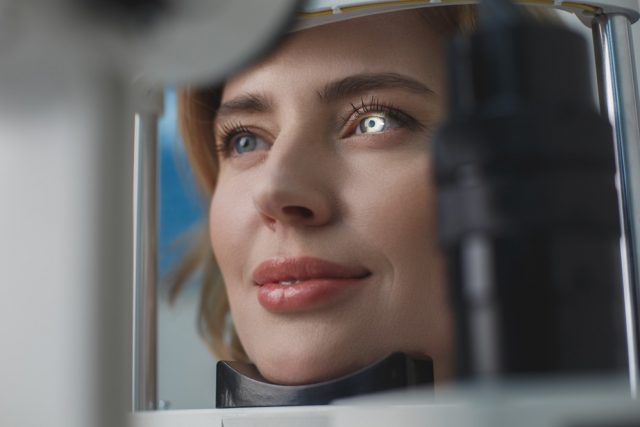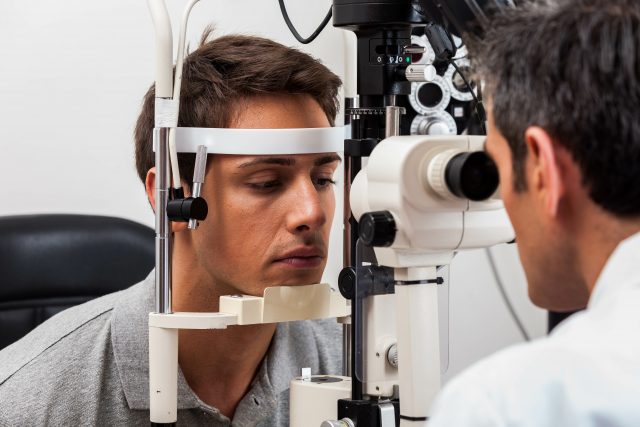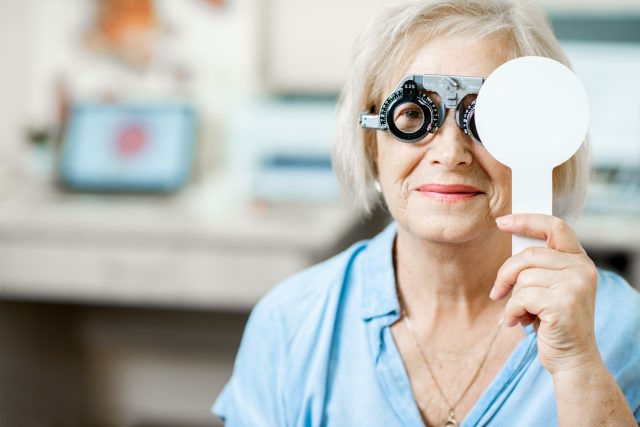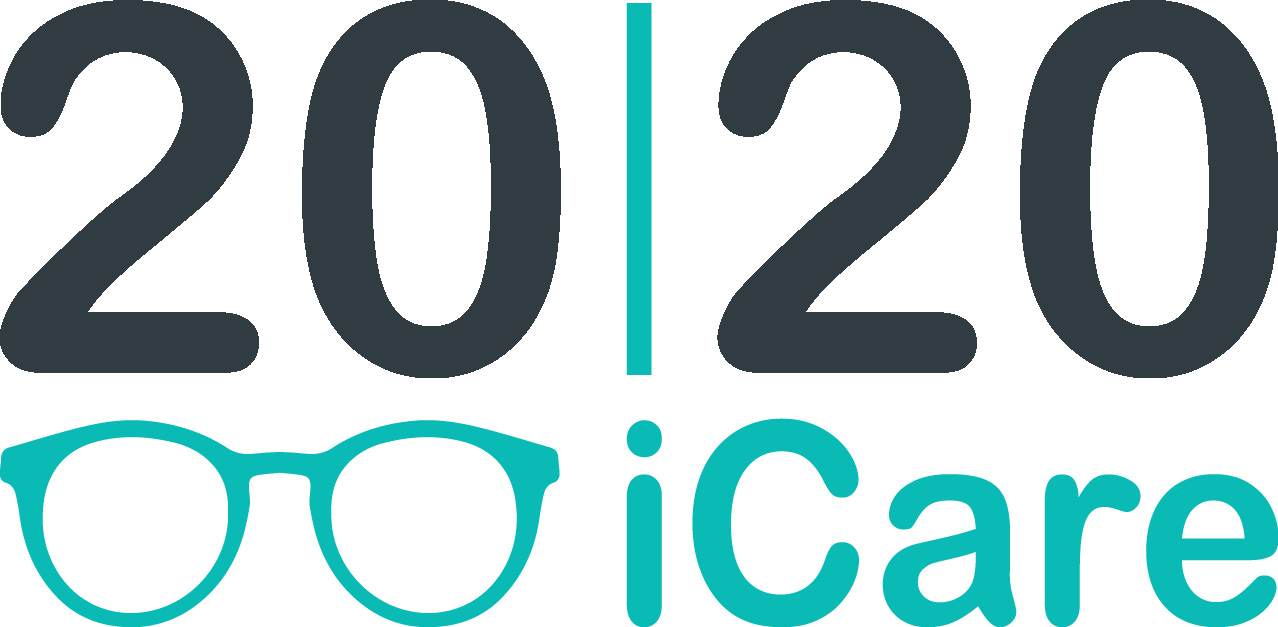Eye Exams: Your Gateway to Healthy and Clear Vision
Begin your journey toward good eye health and crystal-clear vision at 20/20 iCare Longview, where we aim to identify, address, and prevent eye conditions in individuals of all ages.

Why Vision Exams at 20/20 iCare Longview are Important
Comprehensive eye exams are essential for everyone, regardless of age, vision needs, or health status. These exams go beyond determining the need for glasses or contact lenses; they are crucial to screening for potential eye diseases and conditions that could impact overall health and quality of life. By identifying issues early, eye exams can lead to timely intervention and treatment, significantly reducing the risk of vision loss and other complications.
Regular eye exams can also detect early signs of serious health conditions such as diabetes, high blood pressure, and high cholesterol.

Tracking Vision Health During Early Childhood and Adolescence
Pediatric eye exams are vital for tracking vision development in children. They help with the following:
- Screening for common issues: Amblyopia (lazy eye), strabismus (crossed eyes), and refractive errors are prevalent in this age group
- Importance of early detection: Early intervention can correct or improve many pediatric eye conditions, supporting healthy vision development and academic performance
Schedule your child's first eye exam at six months, at age 3, before they start school, and annually after that. Watch for signs of vision problems, such as squinting, sitting too close to the TV, or avoiding reading activities.
Essential Eye Care for Young Adults (20s-30s): Screen Time to Vision Health
For young adults, eye exams are necessary to keep up with:
- Preventative care: Regular exams help detect early signs of eye strain and stress-related vision problems, which are common in this digitally driven age group
- Lifestyle and vision: Discussions about the impact of screen time and protective measures against UV light are essential
Common conditions that impact this age group include myopia (nearsightedness), hyperopia (farsightedness), astigmatism, and computer vision syndrome.


Eye Care Priorities for Adults (40s-60s)
From age 40 to 60, the eyes become more susceptible to eye conditions caused by aging. Eye exams are necessary for tackling the following:
- Presbyopia: The gradual loss of the eye's ability to focus on nearby objects, necessitating bifocal or multifocal lenses
- Monitoring for diseases: The risk of developing glaucoma, cataracts, and macular degeneration increases with age
- Health integration: Discussing how systemic health issues like diabetes and hypertension affect eye health is crucial during exams in this age group
Eye Health for Seniors (65+)
Prioritizing eye health remains essential for seniors at higher risk for vision-threatening conditions. They help with:
- Comprehensive screenings: Essential for early detection of age-related macular degeneration, glaucoma, and diabetic retinopathy
- Adapting to low vision: Recommendations for enhancing daily living through better lighting, magnifying aids, and vision rehabilitation services
- Preventative measures: Regular exams are vital to maintaining the quality of life and independence, and eyewear prescriptions should be adjusted as needed

Preparing for Your Upcoming Eye Exam
To ensure a smooth evaluation and achieve the best results, properly preparing for your eye exam is important. Here are some helpful tips:
Collect Your Medical History
Think about any past eye conditions you or your family members have had. List the medications you are currently taking and provide information about your overall health. Providing accurate medical information will assist the optometrist in conducting a thorough assessment.
Bring Your Current Glasses or Contacts
Remember to bring your current prescription eyewear, such as glasses or contact lenses, to the appointment. This will allow for accurate baseline measurements and enable the optometrist to compare any changes in your vision.
Minimize Eye Strain Beforehand
Avoid engaging in visually strenuous activities, such as excessive screen time, immediately before your exam. These tasks can temporarily strain your eyes and affect your ability to focus during the testing. Resting your eyes beforehand will ensure the most accurate vision correction prescription.
Ask your optometrist if you have any questions while preparing for your eye exam. We guide you and provide information on what to expect during your visit. We aim to ensure that you feel informed and comfortable at every step of the process.

